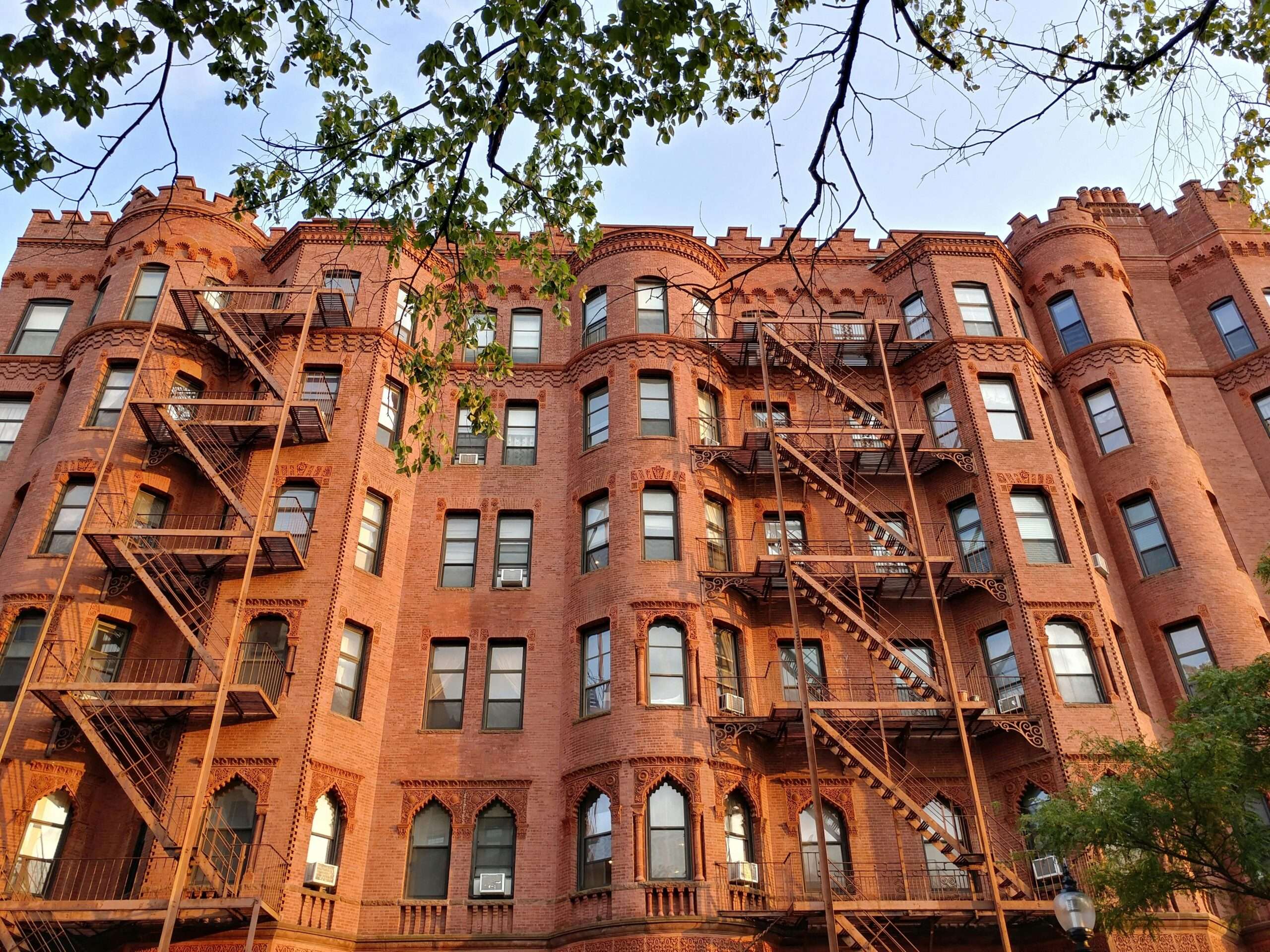Massachusetts has unveiled a groundbreaking plan to accelerate housing development and reduce costs by cutting back on environmental regulations.
Environmental reviews typically are the leading roadblock responsible for delaying projects for periods between months and years, according to state officials. Massachusetts’ updated regulations would reduce the expected timetable for these reviews from a year or more down to 30 days. The streamlined timeline would not only enable developers to break ground more quickly but also save on associated costs that would otherwise render the project impractical.
The draft regulations draw inspiration from a report the Unlocking Housing Production Commission (UHPC) developed earlier this year. The document catalogued a series of housing challenges that disproportionately impact Environmental Justice (EJ) communities and recommendations to overcome them. The reformed review process is expected to support these communities by relieving environmental burdens and generating sufficient development opportunities.
Certain housing developments will be required to meet seven criteria in order to qualify for the streamlined process. These include:
- 67% of a project must be used for residential purposes. Any remaining must be for related commercial uses.
- Must meet certain unit per acre thresholds for different types of housing.
- Must be land efficient, including projects altering up to 5 acres of undeveloped land or up to 10 acres with a tree preservation and replanting plan. Projects must avoid Priority Habitat, Prime Farmland and carbon rich forests.
- Be constructed outside the current floodplain and other highest hazard areas. Redevelopment projects must follow resilient design principles.
- Must comply with energy efficiency standards.
- Must have access to critical utilities including water supply, wastewater capacity and energy infrastructure.
- Developments must minimize the extent of new traffic. Higher thresholds apply to those located near transit.
The Massachusetts Environmental Policy Act (MEPA) Office will enable selected projects that fulfill these criteria to participate in the expedited review process. Eligible developers will then the able to complete the MEPA review using only the simpler Environmental Notification Form (ENF) rather than the significantly more comprehensive Environmental Impact Report (EIR) to receive construction approval.
Additional changes to reduce bureaucratic clutter and accelerate project delivery include
- Appeals of a local wetlands order will no longer trigger MEPA review for single-family homes.
- Review of urban renewal plans that do not propose individual projects will be reduced to a 30-day ENF filing.
Outside of development efforts, certain ecological restoration projects that may not qualify for streamlined review processes will be eligible for consideration. These efforts, including cranberry bog restoration amid partial dam removals, provide significant environmental benefits. The updated review process will now allow approximately 23% of projects filed with MEPA since 2022 to only require an ENF to progress.
Photo by armağan başaran from Pexels














